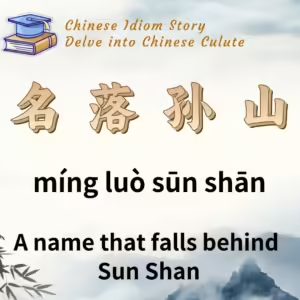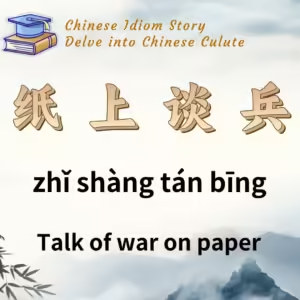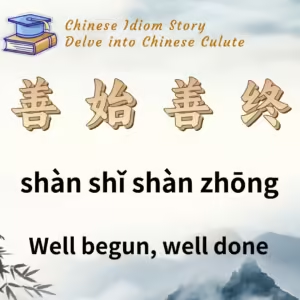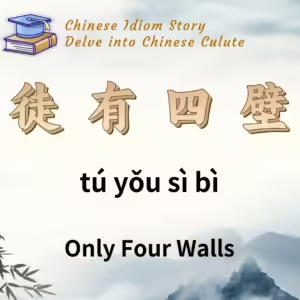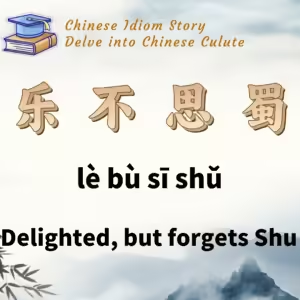
Chinese Idiom: 乐不思蜀 (Le Bu Si Shu)
English Translation: Delighted, but forgets Shu
pīn yīn: lè bù sī shǔ
Idiom Meaning: This idiom describes someone who is so absorbed in their current enjoyment or pleasure that they forget about their past or original responsibilities.
Historical Source: Records of the Three Kingdoms (《三国志》), specifically the biography of Liu Shan in the Shu book.
Idiom Story:
In the late Three Kingdoms period, the Wei Kingdom, led by the powerful Sima Zhao, launched a campaign against the Shu Han Kingdom. In 263 AD, the Wei forces captured Mianzhu and advanced towards Chengdu. The ineffectual Shu Han emperor, Liu Shan, who had become a symbol of the declining state, surrendered to the Wei general Deng Ai. Liu Shan, along with his court officials, was taken to the Wei capital, Luoyang.
During his stay in Luoyang, Sima Zhao hosted a banquet for Liu Shan and his entourage. At the feast, Wei music and dance performances were presented. While the former Shu officials were deeply saddened by the fall of their country, Liu Shan appeared cheerful and unconcerned. Following this, performances of traditional Shu songs and dances were held, and the Shu officials wept nostalgically for their lost homeland. Liu Shan, however, seemed indifferent, showing no signs of sorrow.
Sima Zhao, observing Liu Shan’s reaction, remarked privately to his advisor Jia Chong, “I never expected Liu Shan to be so oblivious. Even if Zhuge Liang were alive, he couldn’t have helped Liu Shan retain his kingdom, let alone Jiang Wei!”
Later, Sima Zhao asked Liu Shan if he missed Shu Han. Liu Shan responded with, “Here, I find great pleasure and do not think of Shu.” This reply indicated that Liu Shan was enjoying his current situation and had forgotten his former realm.
One of Liu Shan’s former officials, known as Bu Zheng, advised Liu Shan to express deep longing for Shu Han if asked again. He suggested that Liu Shan should say, “I miss Shu Han daily, as my ancestors’ graves are there,” and then feign tears to appear genuinely sorrowful. However, when Sima Zhao asked Liu Shan again, he found it difficult to produce genuine tears, even though he tried to follow Bu Zheng’s advice.
Sima Zhao, noticing the insincerity, suspected that Bu Zheng had influenced Liu Shan’s response and pointedly questioned him. Liu Shan, caught off guard, admitted that Bu Zheng had indeed coached him. This admission led to mockery and laughter from those present, further diminishing Liu Shan’s reputation.
From this story, the phrase “乐不思蜀” (lè bù sī shǔ) emerged, describing someone who is so immersed in their current happiness that they forget their past or original responsibilities.



